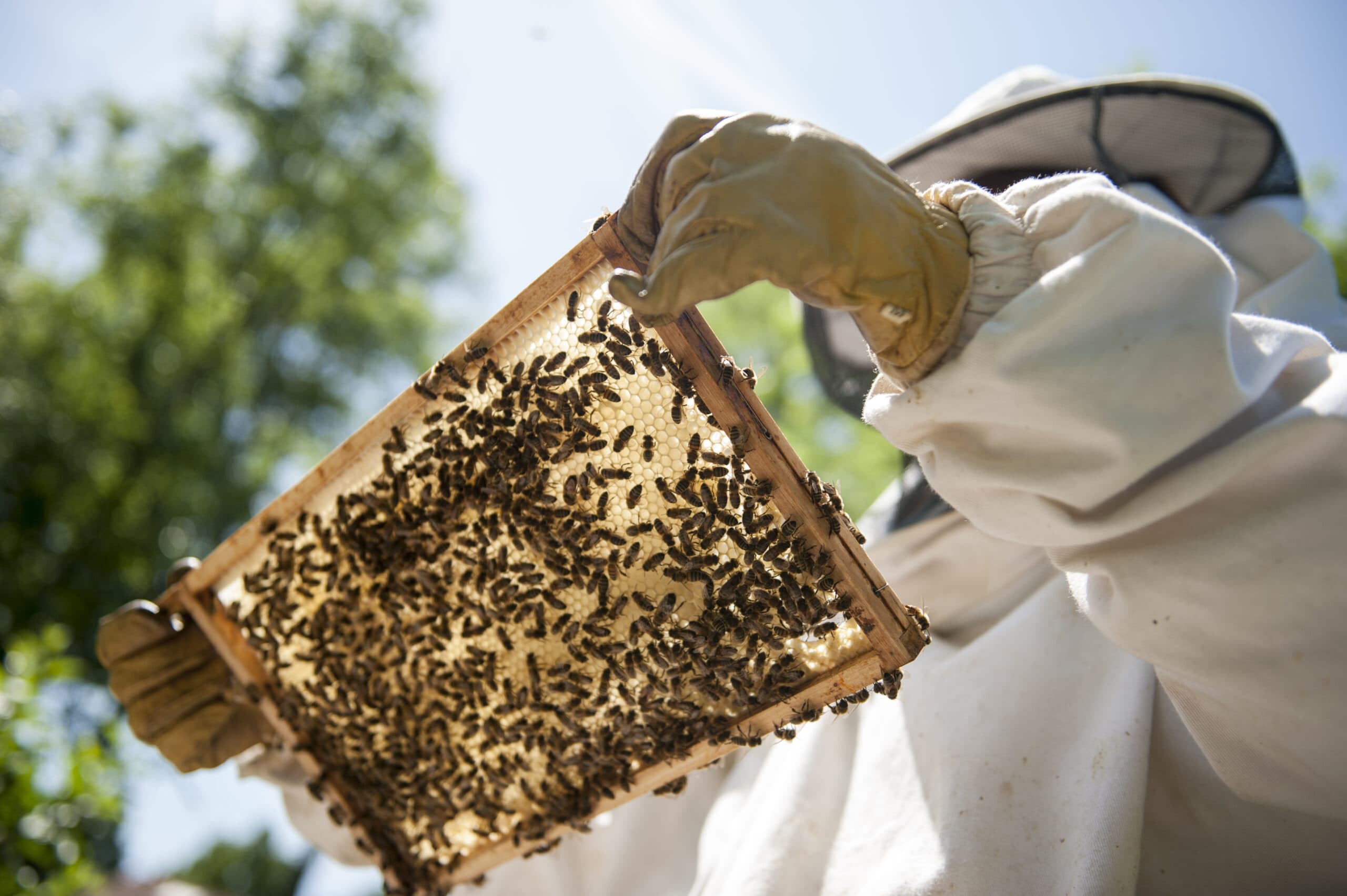That’s according to a survey of 109 beekeepers recently conducted by the University of Sydney and the New South Wales Department of Primary Industries (DPI) as part of the Australian Government Rural R&D for Profit, Plan Bee Genetic Improvement Program.
Consistent with findings from the corresponding study in 2020, 64% of beekeepers were happy with the quality of queens they were purchasing, however only half of large commercial beekeepers were happy. High aggression was citied as the most common reason that both recreational and commercial beekeepers found queens undesirable.
Dr Nadine Chapman, lead researcher within the Plan Bee Genetic Improvement Program, said the findings will be instrumental in guiding the future of the Plan Bee program.
“This is the third time we have conducted this survey and each time, beekeepers have provided us with useful insights that have guided our program,” she said.
The survey asked respondents about their queen replacement strategies, what colony traits are most important to them and their overall perceptions of genetic improvement.
According to Dr Chapman, having a deeper understanding of what beekeepers want is critical to the delivery of genetic improvement to the Australian beekeeping industry.
“The findings from this study are critical for our program,” she said.
“By understanding the queen replacement strategies for both recreational and commercial beekeepers we can design a more appropriate genetic improvement program.
“In the same vein, by understanding what traits are most desirable for beekeepers we can focus our program accordingly.
Understandably, honey production was by far the most desirable trait for surveyed beekeepers, which was consistent across recreational, small commercial and large commercial beekeepers.
However, when traits are further examined and segmented, it becomes clear that the needs of smaller beekeepers differs from that of large commercial beekeepers.
For example, the second most desirable trait for recreational beekeepers is low aggression, which is of much less concern for large commercial beekeepers.
Large commercial beekeepers are much more interested in pest resistance and queen acceptance.
Respondents were also asked about what their concerns for the Plan Bee program are, which Dr Chapman says will result in an evolution of the program as it heads into its final year.









